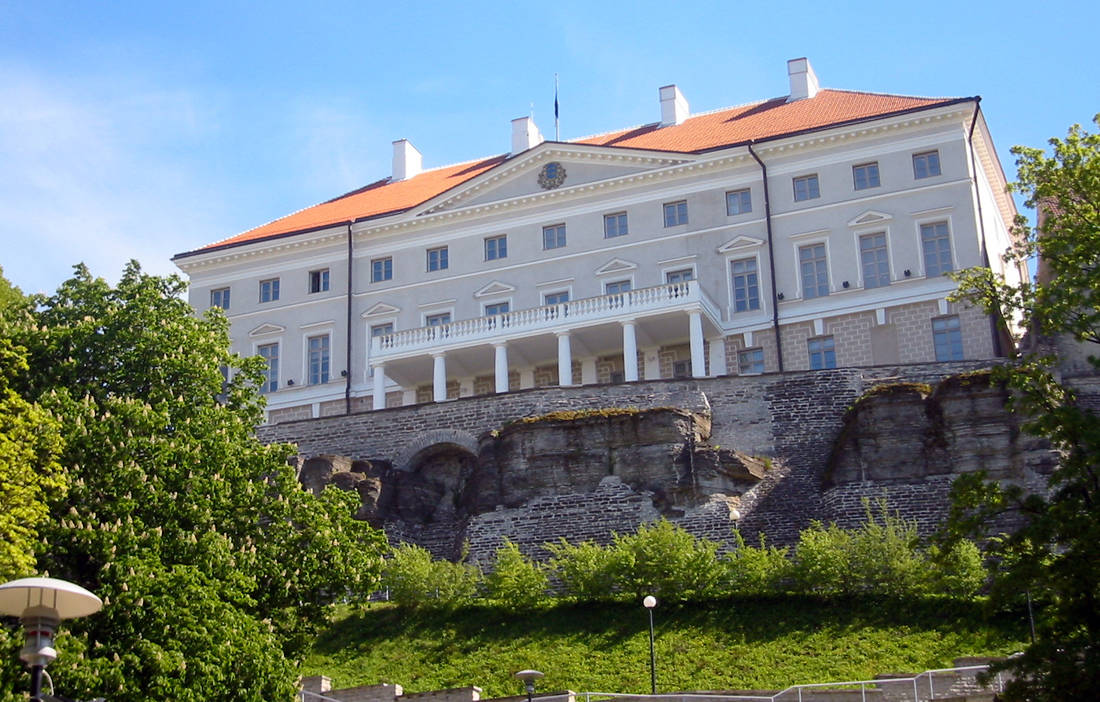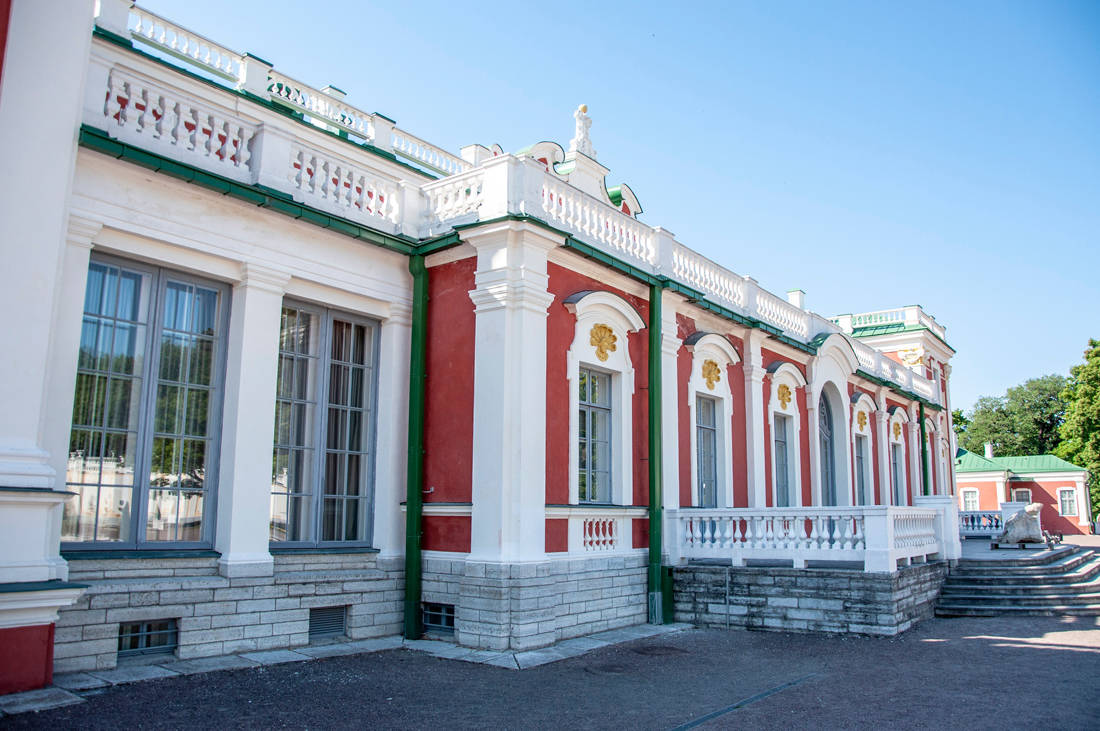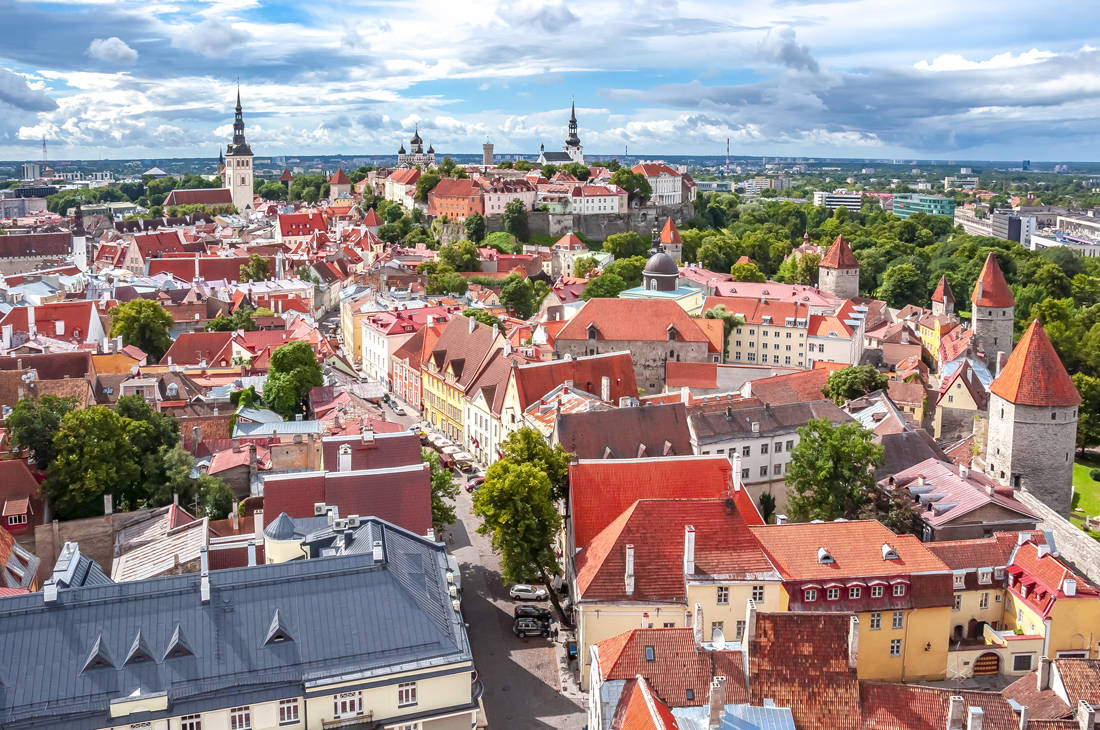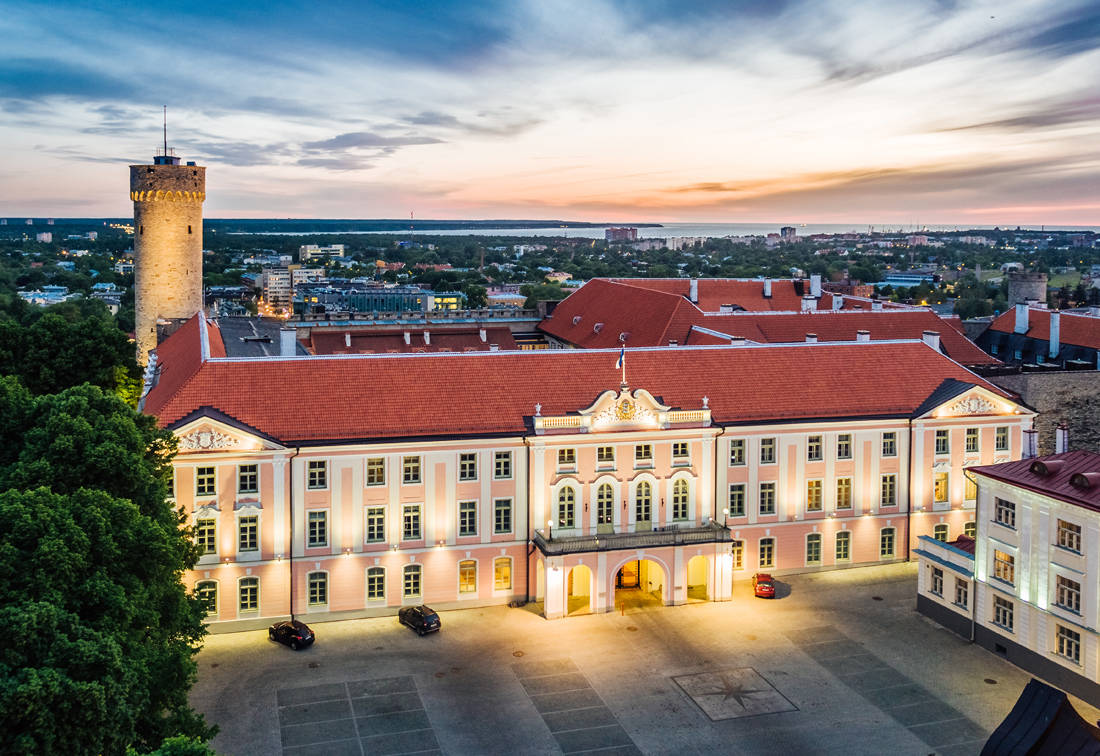Estonian citizens have been enjoying one of the best, if not the best, e-government systems in the world for some years now.
A full range of electronic services of the public and private sector that allows you to do literally everything from home. Covering all aspects of what we call e-government, from healthcare and tax returns to voting in national elections from the comfort of your own home! You can even start a business in less than 20 minutes.
Estonia is the great leader here and in fact on a global scale, the undisputed leader in the field of digitized public administration. The innovative and easy to use e-government model has been hailed by everyone for its functionality and technological innovation, saving citizens from the hassle but also the Leviathan of bureaucracy.
Only the infamous Estonian governance platform with unparalleled digital performance is evolving nowadays into something also innovative, although this will probably not be appreciated in the same way…

With just 1,3 million naturalized citizens, Estonia remains one of the European Union's smallest populous countries, only its ambitions to make it one of the most populous countries in the world. More populous in terms of e-residents, a category she has launched seeking to forge digital links with citizens of other countries and mainly businessmen. With how many? Her own dreams would be satisfied for the time being with 10 million!
Launched as a pilot for several years, the e-residency program gives citizens of other countries the opportunity to create an account in an Estonian bank and start a business based in Estonia without having to appear in the country.
Everything is done through a digital signature, a kind of virtual citizenship that provides access to the e-government system remotely. From the internet, in this case. It was probably the next logical step for such an extensive and advanced digital service fan, which now focuses on raising funds in exchange for its non-physical presence.
Η Εσθονία advertises the program abroad with brave campaigns, turning a blind eye to the wanted entrepreneurs. Every business owner can start and run a business "in the European Union", as it is typically emphasized, and benefit from the low operating costs, the facilities of e-government and, in some cases, the particularly low taxes.

"If you want to run a fully operational business in the European Union, in a very good business climate, from anywhere in the world, all you need is an e-residency and a computer," he said in 2016. ) Prime Minister of the country, Taavi Rouiva.
The only thing that does not guarantee e-residency is citizenship and a passport with the coat of arms of Estonia. Not even a vote in the election of course, as we are talking about fictitious citizenship. At the same time, of course, e-residents do not owe taxes to the state. Their businesses do it, but again with impressively low taxes.
After all, the majority of remote Estonians make such a move with the business lure in mind. The government estimates that by 2025 it will have reached the goal of 10 million e-citizens and will have achieved its great goal, the coveted wealth…

The country's officials have repeatedly described this legendary e-residency as the first step towards a completely fluid and electronic future, in which countries will compete to get their hands on the best people on the planet. Better in terms of economic efficiency, alas.
The country's movement to gather fictitious inhabitants has gathered a few imitators nowadays, as the business is obviously large enough to be left to the sole discretion of the Estonians.
California payment company Stripe, for example, has already adopted a program (Atlas) that immediately sets up a company based in Delaware and provides you with an account at a state bank. It is enough to accept to make your electronic transactions through the Stripe platform.
That is what Estonia is doing, except that the small European country is doing better. As the state itself does here. And if the state wants, it has a way of bypassing bureaucracy and formalities, allowing you to run a business on European soil (and in a European Union environment) without having to spend money to live in the Old Continent.

The Estonian model still has something to say about her great pride, an Indian. Electrician Arvind Kumar, who lived in a suburb of Mumbai, left his job at a factory, a career of 30 years, to start his own business when he learned about the Estonian facilities. Kaytek Solutions OÜ was actually founded in Tallinn.
Kumar traveled to Estonia and spent half a day setting up a bank account and a virtual office in the capital. All this, including the ticket, cost him 3.000 euros and since then he pays only 440 euros a year to the Estonian State for the operation of his business. Kumar said he would never have taken such a step without the Estonians, as the Indian system for starting a business is "time consuming, difficult and expensive".
Low operating costs were also a major factor in persuading Vojkan Tasic, president of a limousine taxi company, to choose Tallinn as the new headquarters of his work. Limos4 moved to Estonia, greatly reduced operating costs and within a few years appeared in 20 major European cities, now having customers of the blue-blooded Europe and the Middle East.
Estonia's competitors were Delaware and Ireland, but Tasic chose Estonia for the smaller percentage it holds in credit transactions, as well as a number of other trade facilities. Estonians do not impose a tax on the profits of their online companies through entrepreneurs operating through this program, as long as the money is reinvested in the work.

Taking his electronic fingerprint and moving his company to Estonia, Tasic saw his profits automatically increase by 20%, reaching $ 2 million in a remarkably short time.
But what does Estonia gain from all these benefits to its e-entrepreneurs? Money of course, in the form of fees required to issue and legalize e-residency. But also indirect taxation. Why the e-entrepreneur may not pay taxes, but the local accountants and legal advisers who will need to work for his business do.
How does a citizen's electronic card come out? With a simple online application, which will be processed by the local police and a number of public services to give the green light. Even the bank account is now open electronically, although the digital citizen will have to fly by embassy of Estonia in his country to receive the card. Wherever it will be crossed that he is the same person who made the request, thus avoiding the gross cases of fraud…

From the very beginning, many were worried that the e-residence would attract adventurers and fraudsters, people who would like to be protected by the law, that is, by doing business in Estonia and living far away from its jurisdiction.
So far, however, no serious cases of fraud or illegal activity have been reported in the program. "Clearly, this is not a serious problem," said Karsten Staehr, a professor of public finance at Tallinn University.
Estonia has also stated that it keeps backup copies of its electronic resident registers in England.

In a study published in the prestigious Harvard Business Review, business administration professor Juan Pablo Vazquez Sampere claims that Estonian e-citizenship remains the most enticing business term in recent years.
Because the gross trick of the Estonians allows them not only to encourage business in their economy, but also to actually make money through e-card subscriptions and the payments he has to make the remote businessman.
Even better, e-residents do not really live in the country, they just leave their obsession and do not burden the public administration system with the usual costs that every citizen incurs for the state. And it is worth noting, of course, that Estonia's digitization model is not just here to make the business process easier or more efficient, but to create an alternative way to generate wealth. With a new model of citizenship essentially.
The example of Estonia, which in practice creates a new way to enter the market and operate more efficiently and cheaper, is considered extremely successful for the time being. With a smart move, the result of the huge effort to digitize governance services that actually began in 2002, Estonia has become a cradle of entrepreneurship for so many startups, opening their founders to the large European market at a fraction of the cost. needed for permanent residence in Europe.
To deliver economic value, a new technology must do many different things, such as innovation by itself is not enough. It needs to create a new trade route, the lifeblood of a new business model. And this is exactly what Estonia is doing with its rented e-citizens, circumventing the trampled evangelist a new way to make money for everyone…
